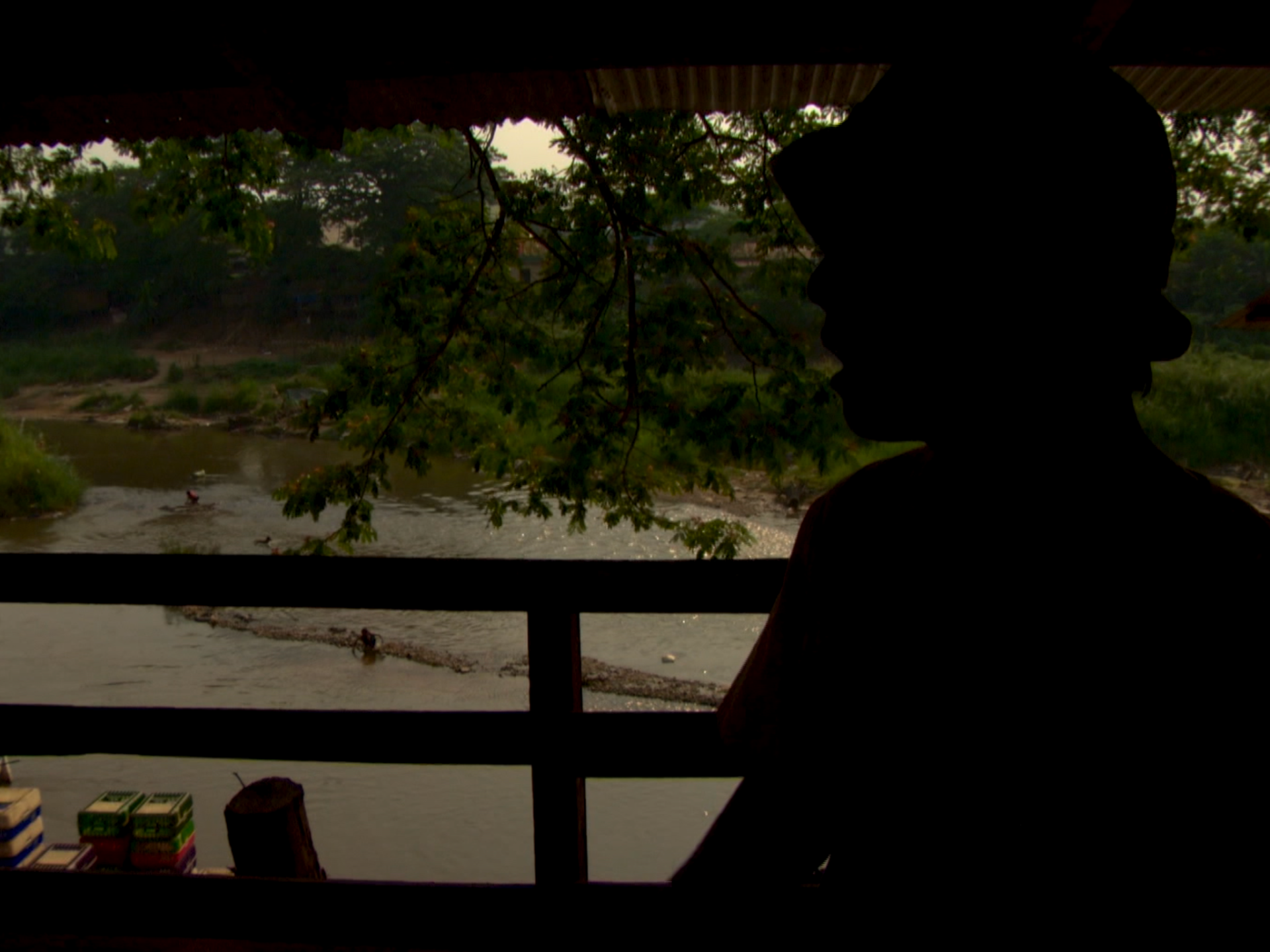EU Summit Draft Becoming a Burden on Turkey
The second draft leaves the decision of if and when to start negotiations to EU leaders. Although no specific date is suggested to begin negotiations, it is some consolation that the draft makes no mention of a "privileged partnership" as proposed by France, Austria and Denmark.
The revised draft presented by the Netherlands EU term presidency yesterday does include some new additions. The 17th paragraph now includes a reference to the EU’s capacity for "digestion" of new members. This was particularly backed by Austria and the Netherlands as well as the Cyprus Greek administration. As the EU Council maintains the speed of integration, the digestion capacity is of importance to both the EU and the candidate countries.
The 18th paragraph of the first draft which praised Turkey has been toughened by noting that the application is irreversible, that the Commission will watch the reforms closely, and that there will be zero tolerance of torture and abuse which will be tightly monitored. The second draft makes no change to the text urging Turkish recognition of the Greek Cypriot administration as a recommended expansion of the Ankara agreement to include the new members. The 20th paragraph touches upon border issues and recommends that any border issue that may affect Turkey’s membership should be brought to the International Court of Justice. Also, possible restrictions on the free movement of the Turkish labor force are underlined in the second draft.
Although the first draft said negotiations could be suspended if 1/3 of the members or the Commission so desires, the second draft has been made more ambiguous. The required minimum of "1/3 of the member states" to suspend negotiations has been changed to read "at the demand of the member states."
In the UK, meanwhile, the Financial Times has reported that French President Jacques Chirac has set forth three conditions for the start of membership negotiations. The first condition is that "if the negotiations fail, Turkey may be formally accepted with a lower status than full membership." The second condition is that an article recognizing the French public’s right to hold a referendum to veto the membership even if the negotiations are successful be appended. The third condition is that negotiations not begin before the second half of 2005. The Times wrote, however, that Chirac is personally in favor of giving full membership status to Turkey.


